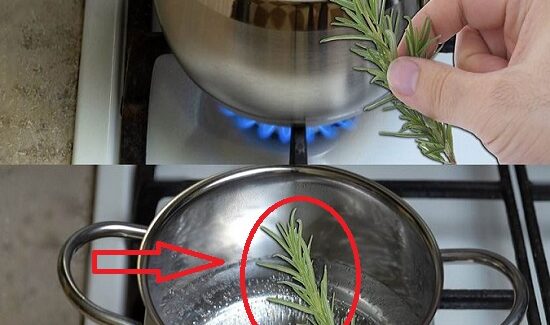
🎨 4. Strange Colors? Here’s What They Mean
-
Green: Often caused by eating lots of leafy greens or food coloring, but can also suggest rapid digestion.
-
Black: Could be caused by iron supplements or, more seriously, bleeding in the upper digestive tract.
-
Red: May indicate bleeding in the lower GI tract or just be from red foods like beets.
-
Yellow/greasy: Could point to fat malabsorption or a gallbladder issue.
-
White or clay-colored: May signal a bile duct obstruction or liver issue.
👉 Always speak to a doctor if unusual colors persist.
🦠 5. Foul-Smelling or Extremely Gassy Poop
While no poop smells pleasant, an especially foul odor could point to:
-
Infection
-
Celiac disease
-
Imbalance in gut bacteria
-
Overconsumption of certain foods (like red meat or dairy)
Excessive gas could also indicate poor digestion or a food intolerance.
💥 6. Mucus or Blood in Stool
Mucus can sometimes show up in small amounts, but large amounts or blood-streaked mucus can be a red flag for:
-
Ulcerative colitis
-
Infections
-
Hemorrhoids
-
Polyps or more serious GI issues
Seek medical help immediately if you notice blood or significant changes.
🧠 7. Your Poop and Mental Health
Believe it or not, your gut and brain are closely linked. If you’re experiencing anxiety or depression, you might also notice changes in your bowel habits. Chronic stress can trigger constipation or diarrhea, and vice versa.
Gut tip: A healthy gut can improve your mood — so don’t ignore digestive distress!
🚽 Final Flush: When to See a Doctor
If you experience:
-
Persistent constipation or diarrhea
-
Blood in your stool
-
Severe stomach pain
-
Unexplained weight loss
-
Drastic changes in frequency or color
… it’s time to get checked out. Your poop is more than waste — it’s a powerful signal from your body.
🥦 Takeaway: Don’t Just Flush and Forget!
Monitoring your bathroom habits might feel awkward, but it’s a vital part of taking charge of your health. A quick glance before you flush could help catch early signs of illness or confirm that your diet is doing exactly what it should.
Remember: Your poop doesn’t lie — it’s the most honest (and underrated) health tracker you’ve got!









